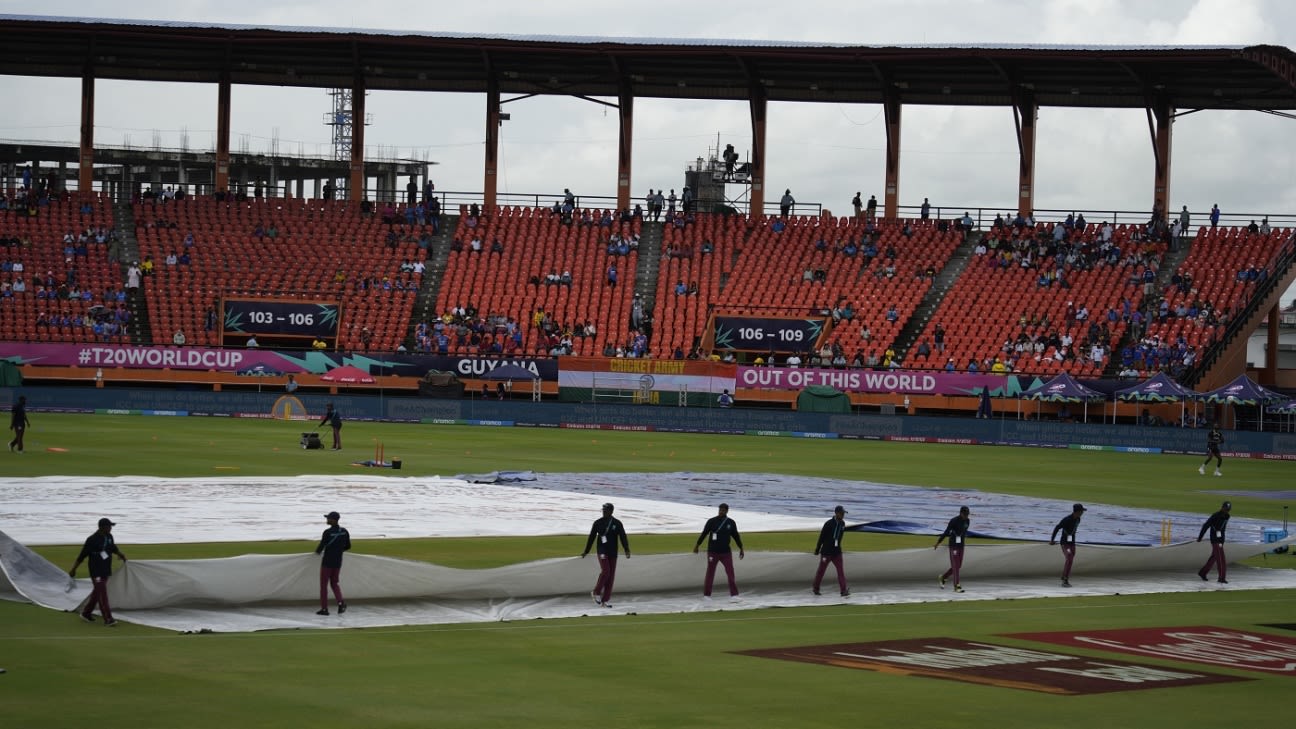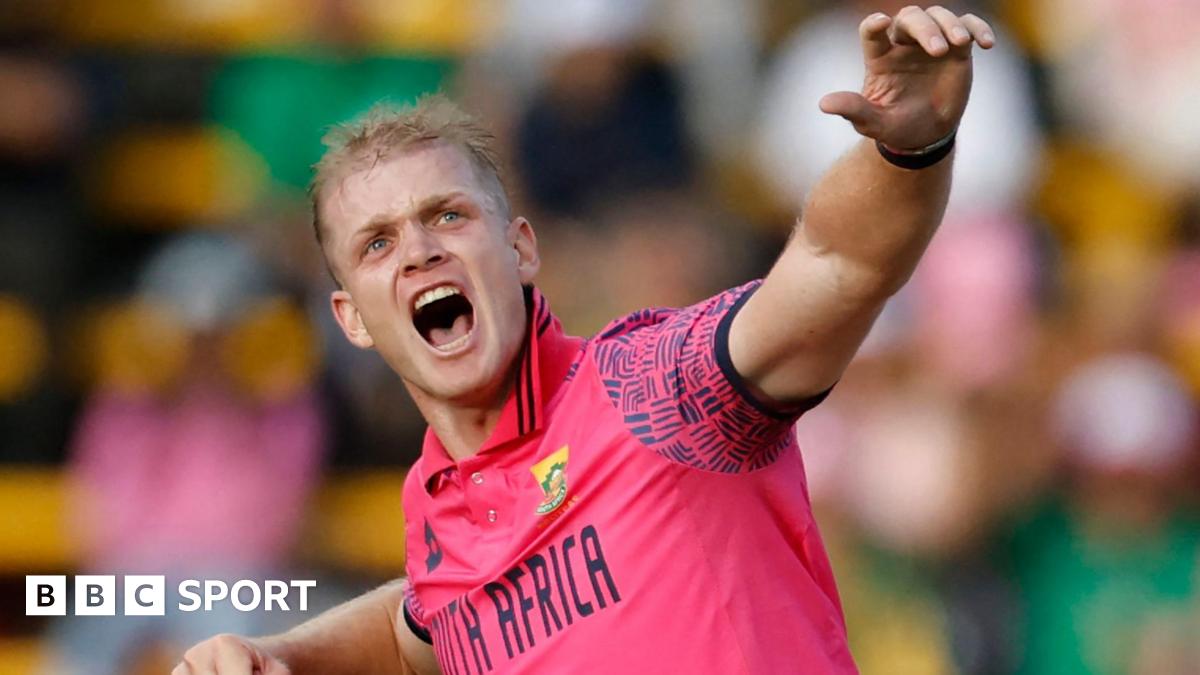Does the cricket audience matter? Only if they’re at home, watching on TV

All this despite the shambolic organisation of the event: there was hardly any time for fans to plan travel, given the delayed schedule announcement; there were ticketing troubles; facilities at the venues were poor; and the general lack of ease in getting around Indian cities is well known.
The ICC CEO, Geoff Allardice, called this the “significant economic power of cricket”. Don’t hold your breath for reports of a similar impact for the men’s T20 World Cup in the US and the Caribbean this year. For that World Cup was the most emphatic statement that the economic impact on a host nation, if any, or even the atmosphere at the grounds, is purely incidental. Cricket’s No. 1 stakeholder is the audience watching on their TVs or streaming devices.
Thankfully the hosts were allotted the better-attended night matches (except for the final, should they have got that far). The games that started in the morning were poorly attended. Even the Indian cricket fan, whose desperation to be present at India matches is taken for granted by almost every governing body, chose to give the Caribbean a miss. While the New York leg got its share of expat fans, India’s matches in the West Indies were some of the most poorly attended India games in recent memory.
The schedule suggested even the organisers didn’t expect people at the grounds: teams played every second day during the Super Eight, and at new venues, making it a logistical nightmare for anyone wanting to follow their team. Fans just decided it wasn’t worth it, especially also given the morning starts, which seemingly go against the very ethos of T20 cricket in the Caribbean.
The complete absence of vibe in the West Indies was an unequivocal reminder that the game now belongs to the broadcast audience first. The attending public is an afterthought. Broadcasters can scarcely be blamed for pushing for a broadcast-friendly schedule: as a small sport, cricket’s broadcast rights are highly overvalued and unhealthily reliant on viewers from one country.
As a result, you can probably count out West Indies and New Zealand as favourable venues for world events, located as they are in time zones not friendly to Indian viewers. New Zealand last co-hosted a men’s world event in 2015, and the West Indies’ previous men’s world event before this was in 2010. New Zealand will likely get to co-host in 2028, but expect these rare events to get even less frequent.
The irony is that the more money the sport makes, the more it can expand, and thus be less reliant on the sport’s saleability in certain parts of the world. So I am not sure making more money, and developing the flexibility required to do so, is a bad thing. But is it a good thing?
Related
‘Listen from one ear, ignore from the other’: Former India…
India's Rohit Sharma and Mohammed Shami (AP Photo) NEW DELHI: Former wicketkeeper-batter Syed Kirmani has expressed his opinion that experienced fast bowler Mo
India faces New Zealand in budding rivalry at Champions Trophy…
State AlabamaAlaskaArizonaArkansasCa
ICC and Unilever announce landmark partnership on International Women’s Day…
The two-year partnership, kicking off at this year’s Women’s Cricket World Cup in India and running until the end of 2027, marks the world cricket governing
IPL 2025: Mumbai Indians sign Corbin Bosch as replacement for…
Mumbai Indians have signed South Africa all-rounder Corbin Bosch as a replacement for his injured countryman Lizaad Williams for this year's Indian Premier Leag











